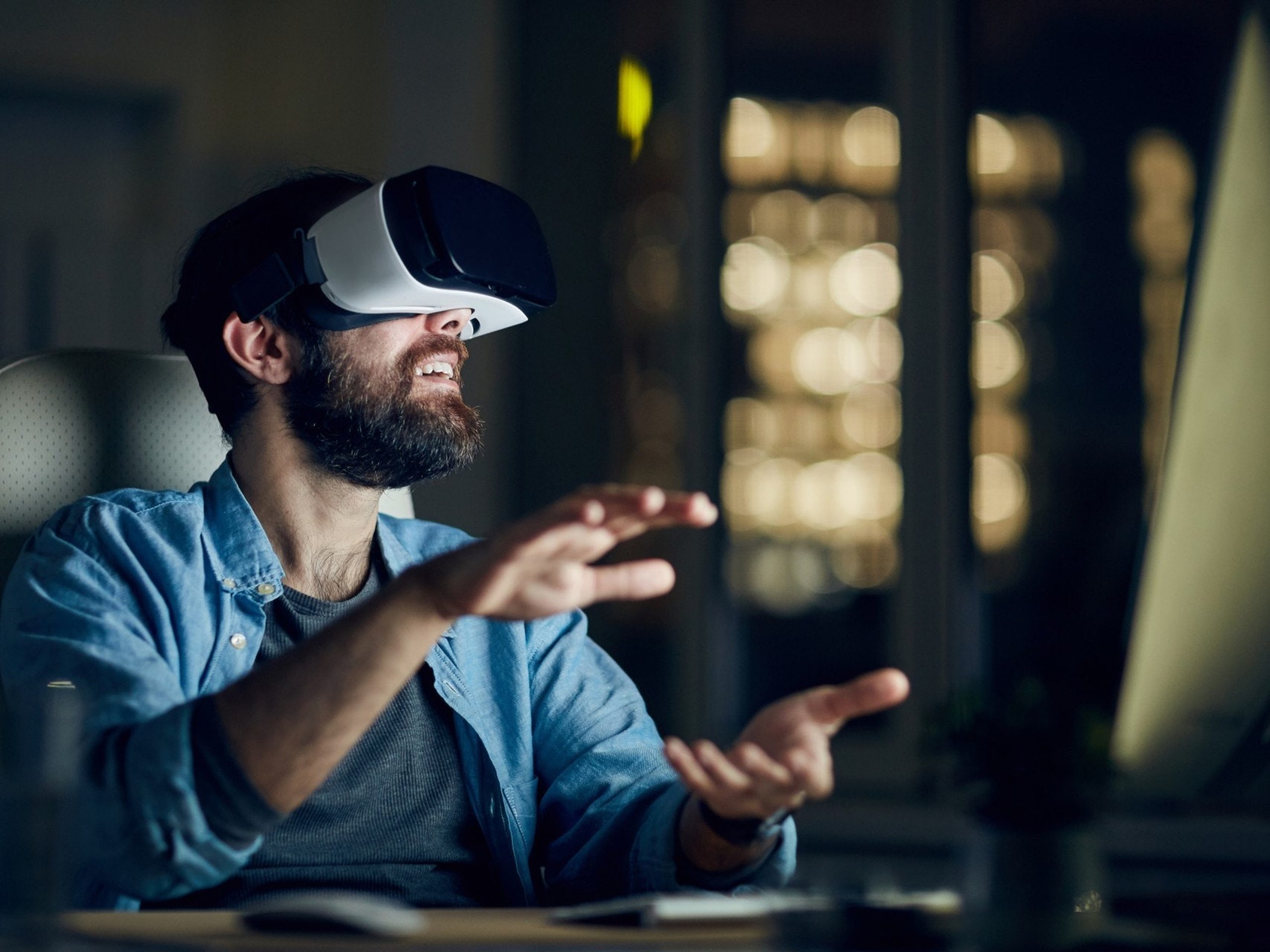
Flinders University’s innovative VR program aims to encourage consistent physical exercise in individuals with intellectual disabilities. Through an eight-week regimen using popular game apps, participants undertake monitored one-hour sessions three times a week. This pioneering initiative addresses low motivation and restricted access to fitness services. By leveraging affordable VR systems, the program holds promise for scaling up, benefiting a wider demographic. The approach aligns with a trend of using VR for tailored interventions, signifying a positive stride toward enhanced fitness and well-being.
A groundbreaking initiative is underway to foster regular physical exercise among individuals with intellectual disabilities through the innovative use of virtual reality (VR). Pioneering research from Flinders University has culminated in the development of a virtual reality-based program designed to motivate people with intellectual disabilities to engage in consistent physical activities.
The Core Idea
According to an official press release, the researchers have successfully enlisted the participation of 16 volunteers affiliated with the Bedford Group—an influential employer of individuals with intellectual disabilities in Australia. These volunteers have embarked on an eight-week exercise regimen facilitated by a commercially available VR system.
The program mandates that participants complete one-hour supervised sessions thrice weekly. Within each session, participants immerse themselves in a dynamic game app, such as Dance Central, Beat Saber, the Thrill of the Fight, and Space Pirate Trainer, which guides them through 50 minutes of exercise.
Progress Tracking
To gauge the effectiveness of the program, the researchers closely monitor and document crucial metrics including participants’ heart rate, perceived exertion levels, and the intensity of their workout sessions. These quantifiable measures contribute to the assessment of physical progress.
Addressing the Significance
Dr. June Alexander, an esteemed faculty member specializing in Disability and Inclusion at Flinders University’s College of Nursing and Health Sciences, highlights the significance of this effort. She underscores the concerning observation that a significant portion of Australians with developmental disabilities fail to meet the globally recommended minimum standards of physical activity, leaving them vulnerable to cardiovascular ailments.
Dr. Alexander pinpoints the underlying issues of insufficient motivation and limited access to conventional health and fitness services, particularly for those residing in rural and remote areas. However, with the decline in the cost of VR systems over recent years, this technology emerges as a potential solution to these challenges.
Dr. Joyce Ramos, a senior lecturer and accredited exercise physiologist at Flinders University, emphasizes the scalability of this approach, suggesting that it can be expanded to encompass a larger demographic of individuals with intellectual disabilities, thereby assisting them in fulfilling their weekly exercise targets.
A Broader Movement
This endeavor aligns with a broader trend wherein VR technology is harnessed for interventions catering to specific needs. A similar initiative conducted in New Zealand showcased VR’s efficacy in mitigating anxiety and depressive symptoms among individuals with neurodevelopmental disabilities.
Informed Voices
Rachael Griffiths, Chief Operating Officer of the Bedford Group, expresses enthusiasm for this innovative venture. She notes that this exploration of VR’s impact on fitness levels for individuals with disabilities is unprecedented on a global scale. The initiative is celebrated as a positive stride towards infusing exercise routines with enjoyment and engagement, thereby increasing adherence.
Overall, this pioneering VR-based fitness program signifies a groundbreaking advancement in promoting physical activity among those with intellectual disabilities. The endeavor not only offers a fun and captivating approach to exercise but also holds the potential to transform lives by fostering better health and well-being.




